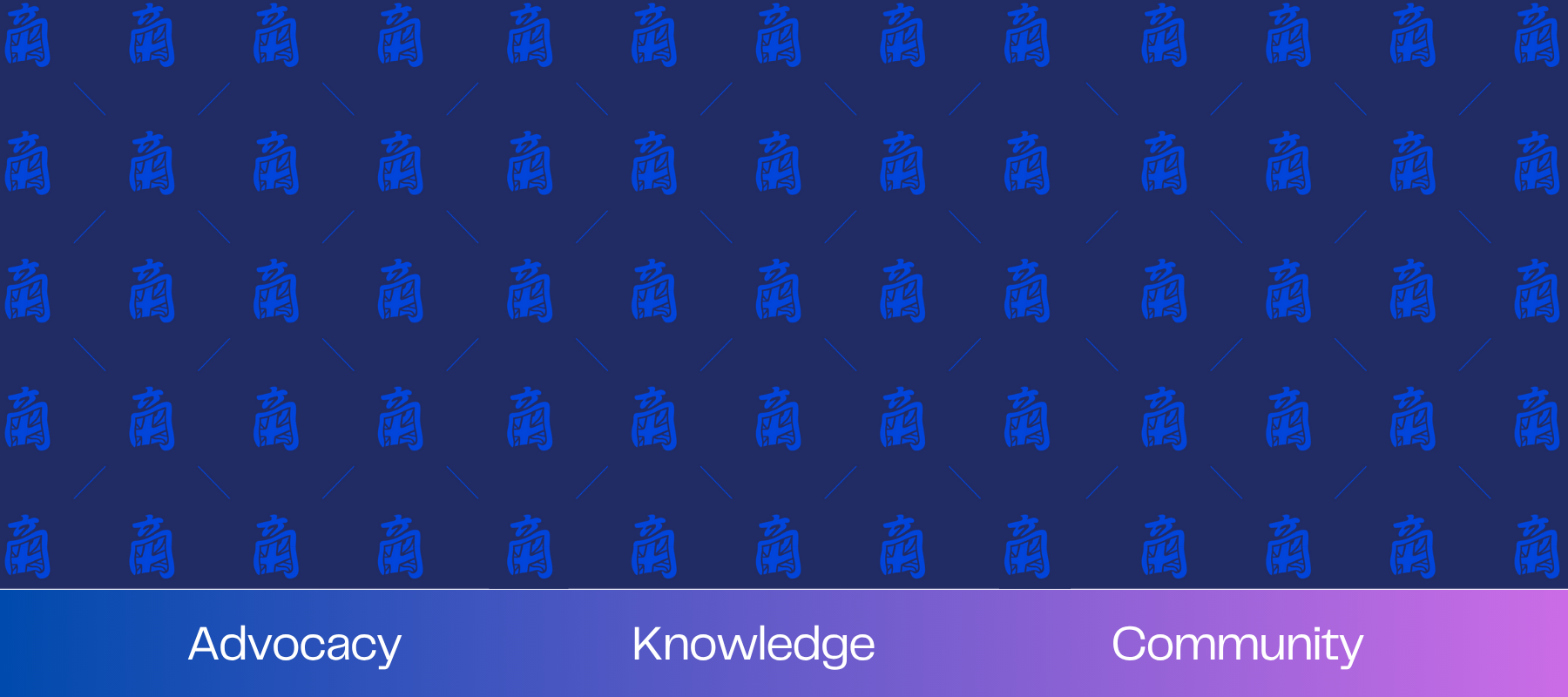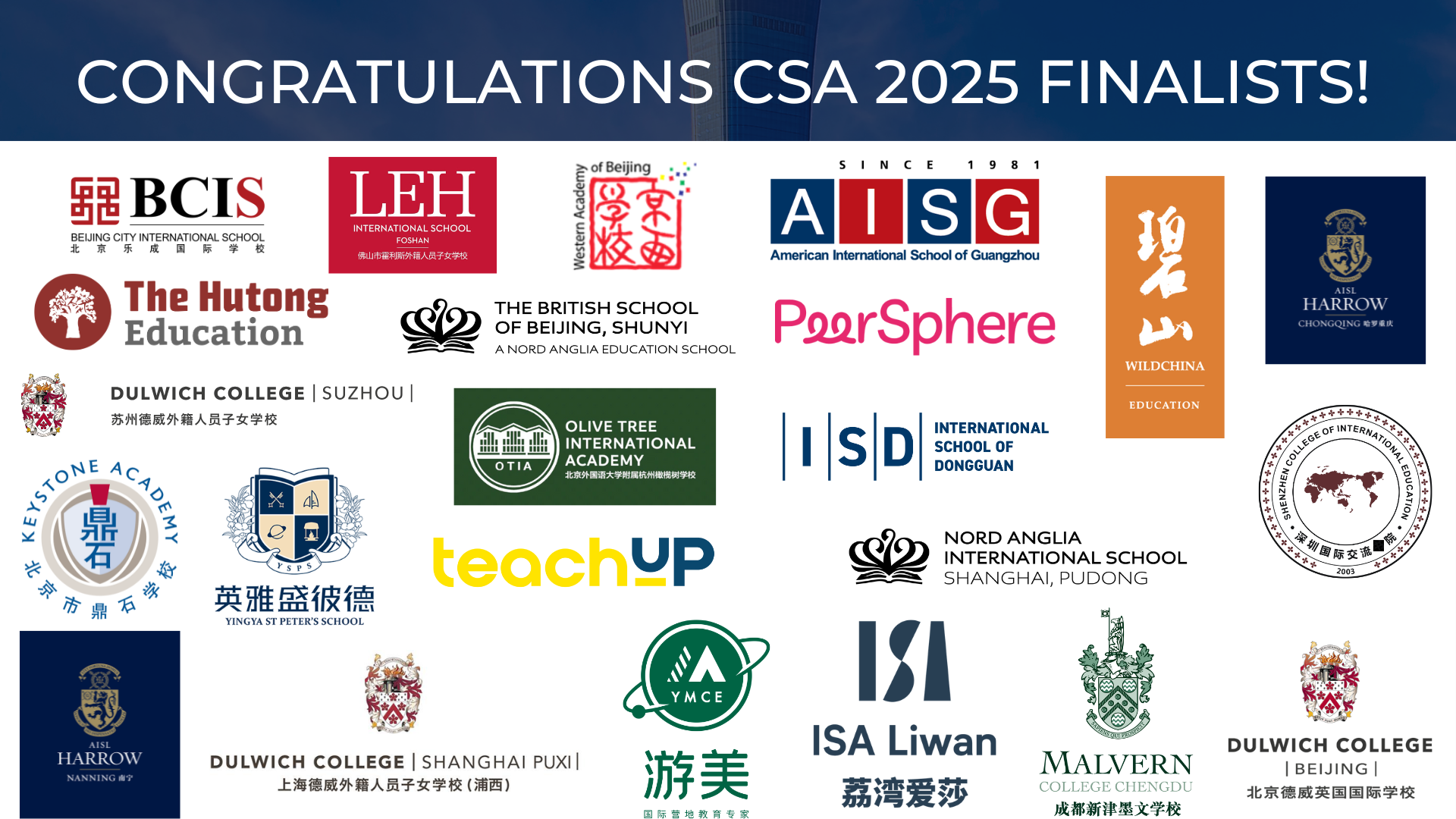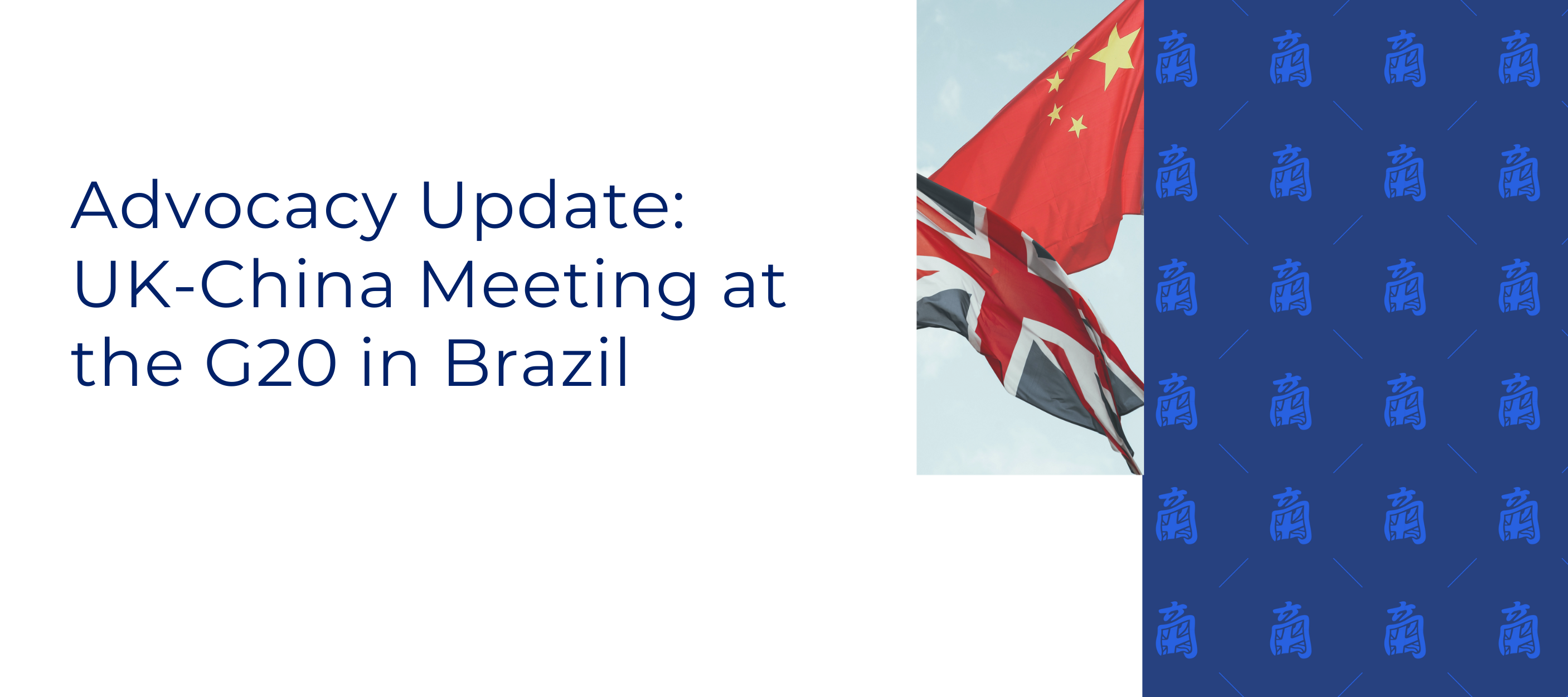
YPDP Workshop 3 Communication: How to Communicate Effectively in a Crisis

YPDP Workshop 3
Communication: How to Communicate Effectively in a Crisis

The third workshop marks the mid-point of our cohort’s journey on the Young Professionals Development Programme. Week upon week our fellows have continued to expand their professional understanding, develop experience, and deepen connections with each other along the way. The previous workshop, led by an incredible KPMG team, tested the YPs teamwork and sharpened their skills in the art of transformative leadership. Our YP’s were now ready to immerse in a topic that has never been more essential for success in business: communication.

Our YPDP founder, Charlotte Smith, introduced industry leading experts, Brunswick, as this week’s mentor company. Brunswick operates across 23 offices in 14 countries and represents many FTSE 250 and Global Fortune 500 companies. Our cohort had the privilege of receiving mentorship from St. John Moore, Partner & Head of Beijing at Brunswick and Chair of the British Chamber of Commerce in China. His experience is long, but most impressive to the fellows is his experience advising clients on issues and crises spanning large scale recalls and environmental disasters through to anti-corruption matters and corporate espionage. He explained that “Brunswick works side-by-side with clients operating across China when reputation and business continuity are at risk“.
What is Strategic Communication?
Brunswick helps clients deal with challenges that affect their reputation. Our second mentor, Rachael Layfield, Director at Brunswick, advises multinational companies within China and has worked with top-executives on communication strategies and techniques. She provided some of the top tips that can also be applied “to everyday professional communication.” After analysing an example of a live media-interview, our young-professionals were introduced to some essential rules and best practice when it comes to interacting with media, with the aim to communicate your desired message. Rachael’s key rules for staying on message were:
1. KISS – Keep It Short and Simple
2. Cover no more than 3 (the magic number) key points
3. Drive a message home using data and examples explained in relatable terms
 Companies often have to handle difficult questions, and by using techniques that flag the importance of your original message, bridge back to your original message or simply taking a ‘no comment’ approach can help you to stay on message and uphold the reputation of the company.
Companies often have to handle difficult questions, and by using techniques that flag the importance of your original message, bridge back to your original message or simply taking a ‘no comment’ approach can help you to stay on message and uphold the reputation of the company.
St. John discussed how the main communication goal of a company is to create trust “based upon a track record of consistent activity and consistent values” and emphasised how “it takes time to build this trust.”
One of our fellows, Daniel Rossell-Evans, British Embassy expressed how these types of skills represented a “fantastic opportunity to learn about strategic communication from the very best in the business, and [how he] now feels expertly equipped to hone in on [his] messaging.”
 Understanding What to Do in a Crisis
Understanding What to Do in a Crisis
Our workshop took an exciting turn as our fellows began to explore “the most fun and most stressful” aspect of Brunswick’s work: dealing with a crisis in order to “manage the issue at hand and protect the company’s long-term reputation.”
Rachael explained that “when you’re in a company, crises can come from anywhere and everywhere.” Our mentors shared some real-life examples and case studies of company crises from their own experience. Rachael spoke of how, in one of her first Brunswick assignments, she had to deal with a whole host of challenges relating to a leading clothing brand that had issues around workplace misconduct and labour disputes which had made global headlines. Our third mentor, Jonathan Dong, Partner at Brunswick, has worked with one of the world’s largest food companies and shared that there is “never a dull moment in the food industry” which can be vulnerable to encountering product issues. The mentors also introduced examples of emerging issues that many companies struggle with in today’s tech-based world, such as corporate data leaks.
 Our fellows learned that a “crisis lives on its own schedule” and can escalate very quickly, whether resulting from a major incident, a gradually worsening situation, or a failure on the company’s part to respond effectively. One key takeaway is that it is not always possible to anticipate a crisis, but it is essential to prepare for one.
Our fellows learned that a “crisis lives on its own schedule” and can escalate very quickly, whether resulting from a major incident, a gradually worsening situation, or a failure on the company’s part to respond effectively. One key takeaway is that it is not always possible to anticipate a crisis, but it is essential to prepare for one.
Communicating and Leading in a Crisis
The mentors highlighted the importance of “showing leadership through a crisis.” Rachael highlighted that, “you can’t manage situations away – they require leadership to provide a vision and management to take steps towards accomplishing the vision.” Our mentors discussed how a crisis often triggers defensive and emotionally charged reactions. However, St. John emphasised the importance of a “company responding quickly and accurately.” The fast pace of the digital world has limited the grace-period from 48 hours of response time to potentially a couple of hours. Therefore, companies need to be well-prepared and strategic.
 Pivot point: St. John explained the concept of a pivot points as a “strategic moment in the future that you identify as opportune and create to pivot out of a crisis”. He warned against trying to fight a crisis, and advised instead to “follow the flow of the river”, learn to “pace yourself on how to get through it”, and plan “how you are going to manoeuvre at the end.” An important point to consider is “how you build and maintain trust throughout and at the end of the crisis.”
Pivot point: St. John explained the concept of a pivot points as a “strategic moment in the future that you identify as opportune and create to pivot out of a crisis”. He warned against trying to fight a crisis, and advised instead to “follow the flow of the river”, learn to “pace yourself on how to get through it”, and plan “how you are going to manoeuvre at the end.” An important point to consider is “how you build and maintain trust throughout and at the end of the crisis.”
Gathering Data: St. John reflected on the “old days – where you ran on your gut” with regards to understanding and responding to a company crisis. Nowadays, data can help to reveal public perceptions on both a local and international level by taking polls to better understand “what messages are resonating and making adjustments in real-time.” Companies must be careful not to react too quickly, and to realise that not every issue is a crisis. Jonathan explained how there are often cases where “perception and reality are at conflict” and company investigations into a problem can uncover the reality of the situation.
Transparency, Authenticity, Attitude: Rachael describes how these factors are “critical in all communications.” Jonathan echoed how your message should aim to treat its stakeholders with compassion and that by “reporting on your company’s own investigation shows authenticity.”
 One of our fellows commented on all of the lessons learned from the mentors: “A lot of scenarios the experts mentioned really happened and I really learned from the experts’ experience and gained a deeper and broader understanding of corporate operations.” – Qing Ye, Legal Writer, Lexis Nexis (Relx Group)
One of our fellows commented on all of the lessons learned from the mentors: “A lot of scenarios the experts mentioned really happened and I really learned from the experts’ experience and gained a deeper and broader understanding of corporate operations.” – Qing Ye, Legal Writer, Lexis Nexis (Relx Group)
A Crisis is Brewing…
 It was now time for our fellows to be presented with the challenge of participating in a fictional simulation that replicated the very real pressures of communicating in a crisis.
It was now time for our fellows to be presented with the challenge of participating in a fictional simulation that replicated the very real pressures of communicating in a crisis.
The Scenario: The YP’s were divided into teams and informed that they were representing a leading toy-manufacturer’s Shanghai office. A minor issue had emerged, as their toys were being accused of endangering children on China’s social media platform, Weibo. How should they respond?
The Results: Our fellows began forming public statements based on the previously taught techniques. They prepared for a mock media interview with an investigative journalist. Each group practiced conveying their message in a way that tried to express empathy without indicating fault.
The Feedback: St. John highlighted the fact that, due to social media, there are now “so many voices” that you must be careful to identify when there is an actual crisis or else you will be constantly “putting out fires.” In your messaging, you must not “rely on silence, but aim to tread the middle ground.” Rachael also raised the importance of recording and tracking all documentation, as well as being proactive to correct misinformation. Jonathan emphasised the need to be empathetic and ensure that you take care of your stakeholders, which includes ensuring the customer service hotline have comprehensive guidance on how to answer questions.
 Our fellows were impressed by the mentors and the content of the workshop: “The mentors of this workshop shared a lot of practical communication approaches to tackle a crisis based on years of experience and industry insight. The case discussion provoked different angles/stances of thinking and I enjoyed it very much.” – Vicky Wang, Assistant Marketing Manager, Rouse
Our fellows were impressed by the mentors and the content of the workshop: “The mentors of this workshop shared a lot of practical communication approaches to tackle a crisis based on years of experience and industry insight. The case discussion provoked different angles/stances of thinking and I enjoyed it very much.” – Vicky Wang, Assistant Marketing Manager, Rouse
Our mentors were equally impressed with the fellows and thoroughly enjoyed participating on YPDP:
St. John Moore: “It is a real privilege to once again have the opportunity to serve as a mentor on the British Chamber’s Young Professionals Development Programme. The Brunswick team is thrilled to have been able to contribute to this invaluable programme, helping young professionals build their skills and further develop their careers. We’re already looking forward to next year’s YPDP!”
Jonathan Dong: “This is an extremely inspirational group of young professionals. The ideas and solutions raised during the crisis simulation workshop clearly showed the fellows’ strategic and creative thinking skills. I learnt just as much as I was able to share!”
Rachael Layfield: “Many thanks to all of the YPDP fellows who joined our session on Communicating through a Crisis. We hope everyone found the training informative and enjoyable.”
 The YPDP Journal helps present an insightful picture of the week by week progression of our YP’s. This week’s entry is from Anda Banks, Recruitment Director, Eurus Consultancy who shared her continued progression throughout the programme.
The YPDP Journal helps present an insightful picture of the week by week progression of our YP’s. This week’s entry is from Anda Banks, Recruitment Director, Eurus Consultancy who shared her continued progression throughout the programme.
YPDP is important in providing a platform for aspiring future leaders to reflect on their professional ambitions, learn from experienced mentors, and discuss their ideas with like-minded people. Overall, I have found the sessions informative and engaging. Brunswick provided a completely different perspective on how businesses manage critical interactions with stakeholders. I was impressed by the level of detail and feedback from the mentors.
Key Actionable Takeaways: How to Communicate Effectively in a Crisis
“Remember: A crisis requires leadership. You cannot control what might happen, but you can control how you deal with it.” – Rachael Layfield
“Perceptions and reality can be conflicting.” – Jonathan Dong
“This is the day and age of precision, not of firing a shotgun in the dark.” – St. John Moore
Our YP’s have continued to demonstrate their commitment and enthusiasm during the first half of the programme. Huge appreciation goes to the efforts and wealth of knowledge our mentors contribute each time. We look forward to the next workshop on Strategic Thinking from Rolls- Royce on 26th November.




